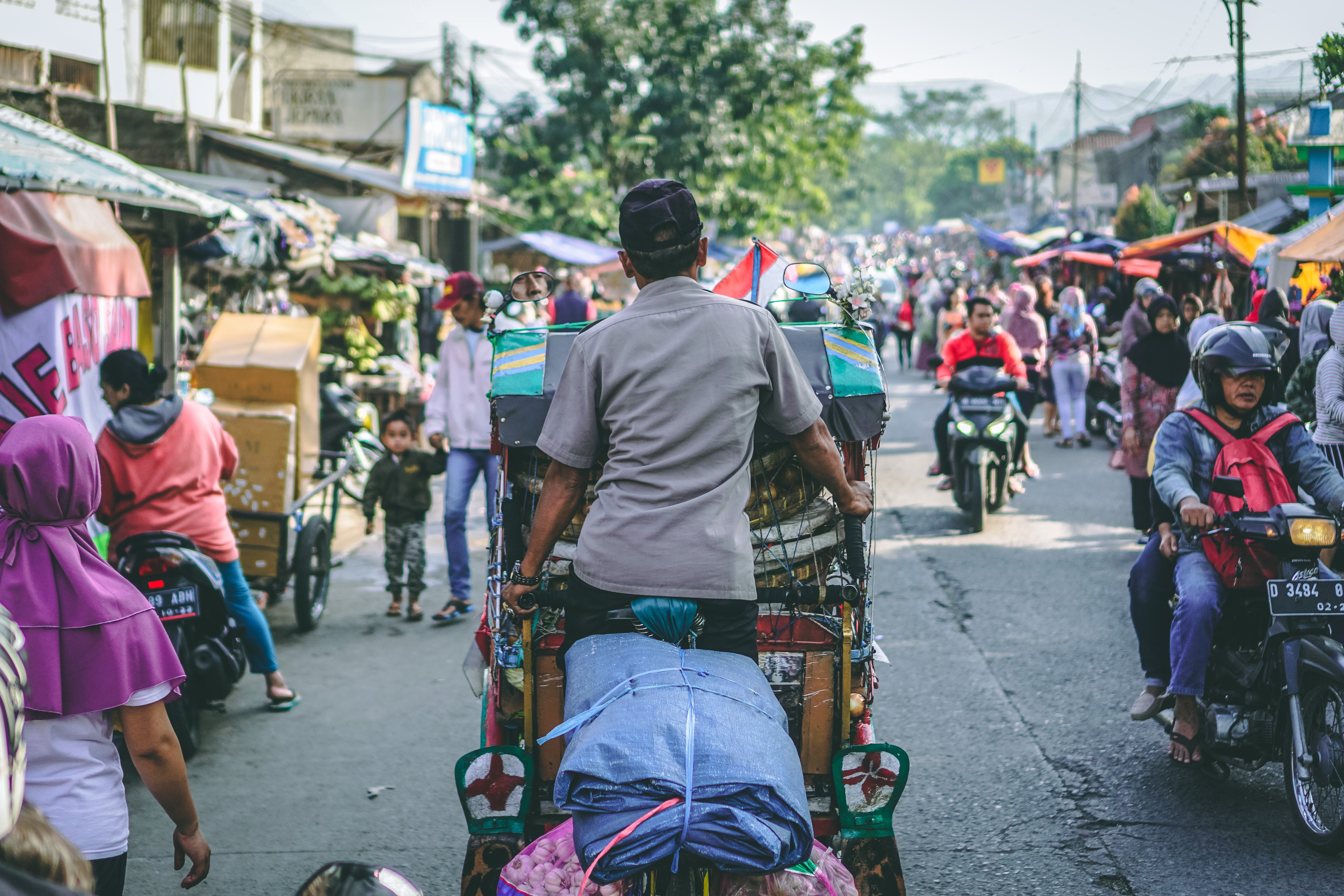Adapting the Child and Youth Resilience Measure for Indonesian Contexts
This study describes the adaptation of the CYRM for use in Indonesia.
Image

Many Indonesians face adversity throughout their lives, occurring at many different levels, including psychological (e.g., the impact of parents divorcing, child-rearing difficulties, domestic violence, sexual violence), social (e.g., human trafficking, being bullied, poverty), and environmental (e.g., tsunamis, earthquakes). Several studies in Indonesia have explored resilience in cases of human trafficking victims, migrant youths, rape victims, and sexually abused boys. Studies from around the world have indicated the value of understanding the protective factors that help individuals to thrive and do well despite these challenges. These resilience-related qualities such as embracing cultural values and having supportive peer relationships have been found to help those at risk, such as improving the mental health of street children in Durban, South Africa.
In Burundi, positive caregiving has been found to protect the well-being of children exposed to conflict. In Malaysia, vulnerable adolescents who had good relationships with caregivers were found to have better academic achievement. A study revealed that kidnapped Iraqi refugee children who had better coping skills experienced lower rates of post-traumatic stress disorder.
These studies foreground the importance of exploring resilience and identifying the resources that help individuals to succeed despite adversity.
Methods and Findings
The process of adaptation involved several steps. The first step was translating and back-translating the measurement. The next step was conducting focus groups to explore the legibility of the translated measure. After this, the validity and the reliability of the translated version was tested, as well as an exploration of data. Samples were130 elementary school children (57.7% female) aged 10-13. Data were collected in 2 randomly chosen elementary schools in Kota Bandung. The analyses confirmed the validity and reliability of the measure (alpha = .902). The results indicated that the CYRM-R had been adapted successfully and is a robust measure for exploring the social-ecological resilience of children and youth in Indonesia. The CYRM-R can be used for research and practice in the Indonesian context.
This study was originally published in the Journal of Educational, Health and Community Psychology. It was conducted by Ihsana Sabriani Borualogo and Philip Jefferies.




